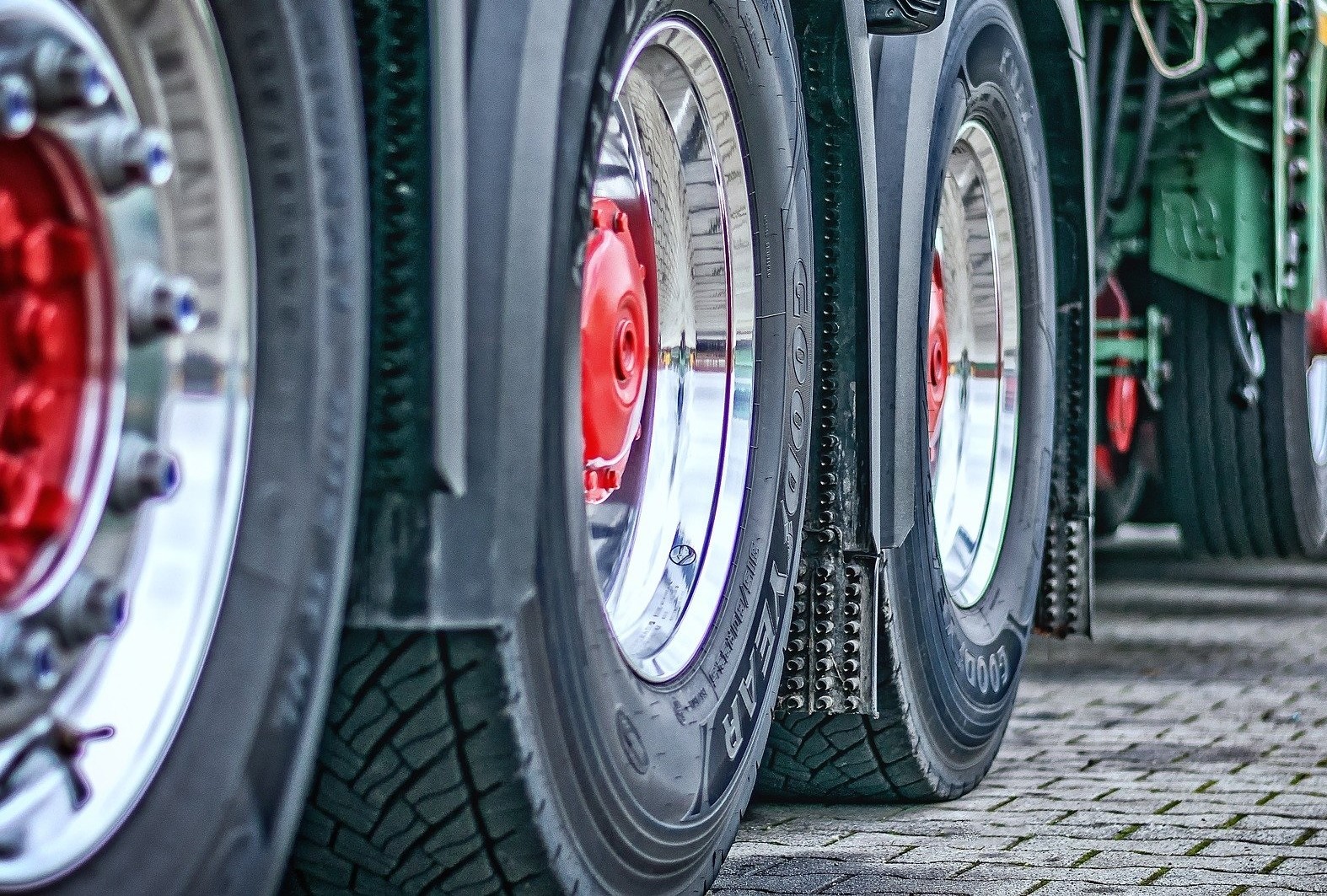The organization alerts for the risk of deindustrialization in the sector, which is already reducing investments in the country


By Redação AutoIndústria | Translated by Jorge Meditsch
Imported cargo tire sales are rising this year, which creates a fear of deindustrialization in the sector due to the deceleration of investments in local production. In front of this risk, Anip, the Brazilian tire industry association, is trying to negotiate with the government to revise these products’ import tax rate, which was zeroed in January 2021.
A note released by the organization this Tuesday, 10/25 reveals loss of revenue by industries operating in Brazil, investments in new production processes, and an environmental passive growth, as the manufacturers do not execute the inverse logistics process according to the resolution regulating the collection and destination of used tires.
Anip says that national cargo tires sales for the replacement market from June through September were the worst in the last seven years. In the same period, imports of cargo tires reached the highest value in the last 22 years.
“It is incomprehensible the zero tax rate policy adopted by the Brazilian government. Instead of encouraging production, investments and job creation, the Ministry of Economy has a strategy that aggravates the country’s deindustrialization process”, says Klaus Curt Müller, president of the association.
According to Anip, public data from the Brazilian government show that only in August, 432 thousand tires were imported, the highest volume in the period in the last 12 years. The association emphasizes that in 2016, 835 thousand units were imported all over the year.
“At this pace, the sector estimated a national cargo tires sales reduction of 503.4 thousand units in 2023, which would represent a loss of revenue around R$ 500 million for the industry operating in the country”, says the executive.
In 2021, the sales losses caused by the competition with the imported tires were about 300 thousand units. Another reflex of the zero-tax policy is the reversion of the sector’s trade balance, which became negative in 2021.
Licenciamentos em abril foram 14% menores no confronto mensal com o ano passado
Montadora aumenta importações de suas fábricas na China e puxa invasão de marcas chinesas concorrentes.…
No Top 5, a Fiat ganha participação, VW fica estável e GM se distancia cada…
Picape da Fiat segue na liderança no acumulado do ano, com 39.373 emplacamentos
Programa da Caminho da Escola e recuperação do transporte público impulsionam as entregas
Na Europa, apenas o segmento de ônibus encerrou o período em crescimento